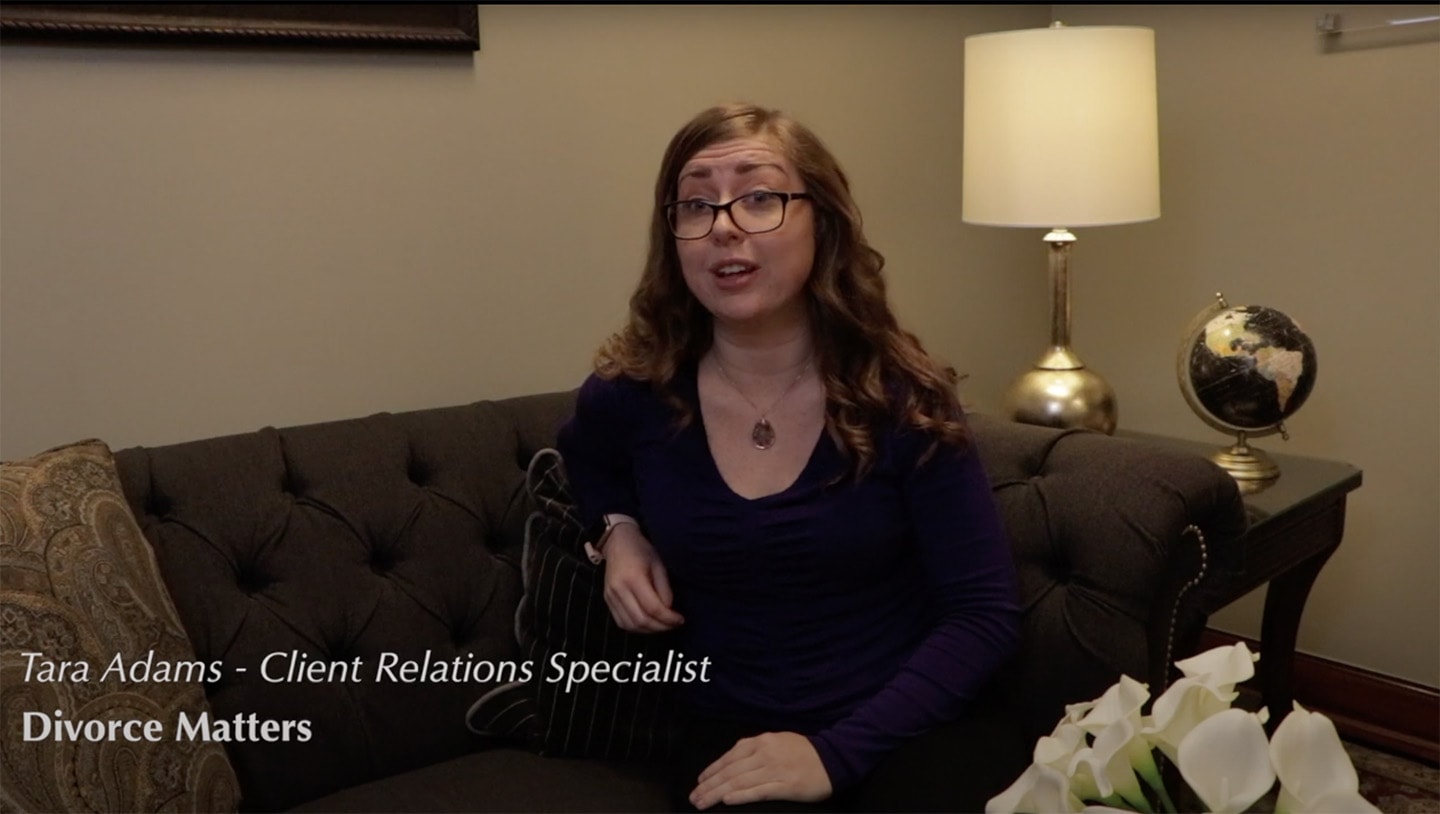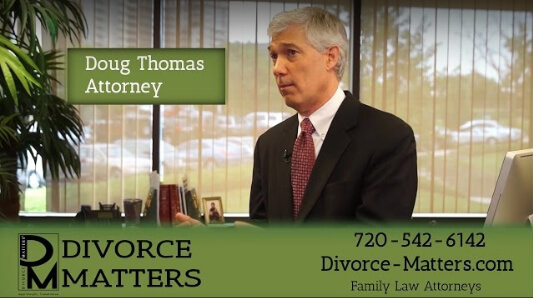During your marriage, you were collaboratively building your nest egg for the future. But in a divorce, what happens to your retirement funds, your home, and your debts?
Dividing assets is one of the primary stressors in any divorce. If you’re beginning the divorce process, what do you need to know to protect yourself and secure an equitable share of assets?
Below, we’ve answered four of the most commonly asked questions about property and asset division.
How is “equitable” division of property decided?
In Colorado, “marital property” must be divided equitably, but that doesn’t always mean your assets will be divided equally. Generally, marital property is any property that is acquired during the marriage, unless the property is acquired by gift or inheritance.
The division of marital property is generally a two-step process. First, it must be determined what constitutes marital property. Once that’s defined and valued, that marital property must be divided equitably. To determine what is equitable, the Court will look at all relevant factors including:
- Contributions of each spouse to that joint property;
- Economic circumstances of each spouse;
- Value of property set apart to each spouse; and
- Any increase, decrease, or depletion in the value of any separate property during the marriage.
Your lawyer and an accountant can help you answer some of these questions proactively during your divorce proceedings, providing comprehensive checklists and worksheets to evaluate asset values and contributions based on economic circumstances and direct inputs.
What happens to my 401K or employer-sponsored retirement funds?
If you and your spouse have employer sponsored retirement accounts such as a 401K or SEP, these assets may be considered marital property, and your spouse may be entitled to a portion of those retirement funds.
The division of an employer-sponsored retirement account is complicated because of rules and requirements placed on employers for management of those funds. To divide assets in an employer-sponsored retirement fund, a Qualified Domestic Relations Order is usually required by the company to effectuate a transfer of those funds, in part to avoid adverse tax consequences.
Your 401K distribution through the divorce process is not subject to your 401K provider’s early withdrawal fee, if the withdrawal is managed and documented correctly. To avoid problems down the road, make sure that the documents required by your company for division of these assets are approved by the company before they are entered as Court Orders.
What happens to our house?
If you and your spouse own a home together, your house is considered marital property and its value””the proceeds secured from selling it””are divided. But remember, so is the debt associated with the home. Particularly in today’s housing market where sales are sluggish and values are dropping, your house as property””and its ultimate division””will be subject to a variety of factors, including joint mortgage ownership, difficulty in selling, one party not wanting to sell, the presence of children, and conflict over what should be done with the house during and after the divorce.
How are debts split?
Like your assets, debts incurred during the marriage are considered marital property. The first step you should take is to find out exactly what your debts are. You may know exactly how much you owe in debt, but if there is any possibility your spouse has spent money you are unaware of, your first course of action should be to get a credit report. This will identify any and all debt taken out in your name.
Once you are aware of what debt you carry under your name, the next step is to stop taking out additional debt. Discuss with your spouse the best course of action for stopping any spending on these accounts. As mentioned above, debts incurred during the marriage are marital property, and as such, will be split equitably. Who ultimately becomes responsible for which debt will be considered when the court decides an equitable allocation of your assets.
Conclusion
The division of marital property can be complex””particularly if you have a house, retirement funds, or debt. Speaking with a lawyer can help you secure a fair division of assets and liabilities. In some cases, you may also want to consult with additional experts””including accountants and financial advisors who specialize in divorce issues””to properly advise on issues related to your joint assets.


